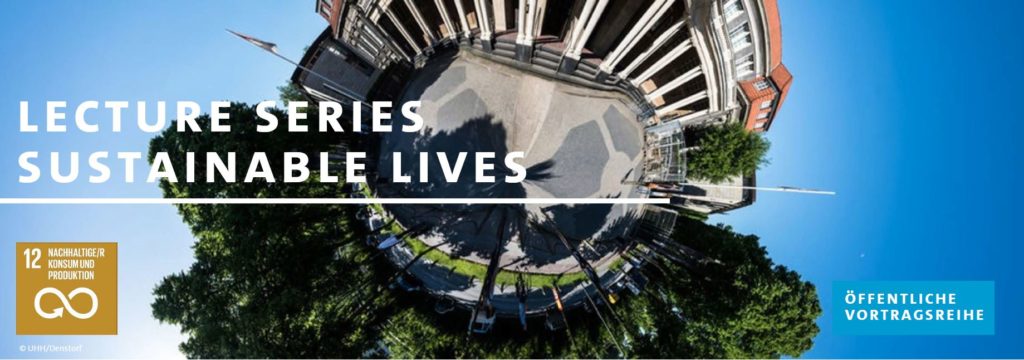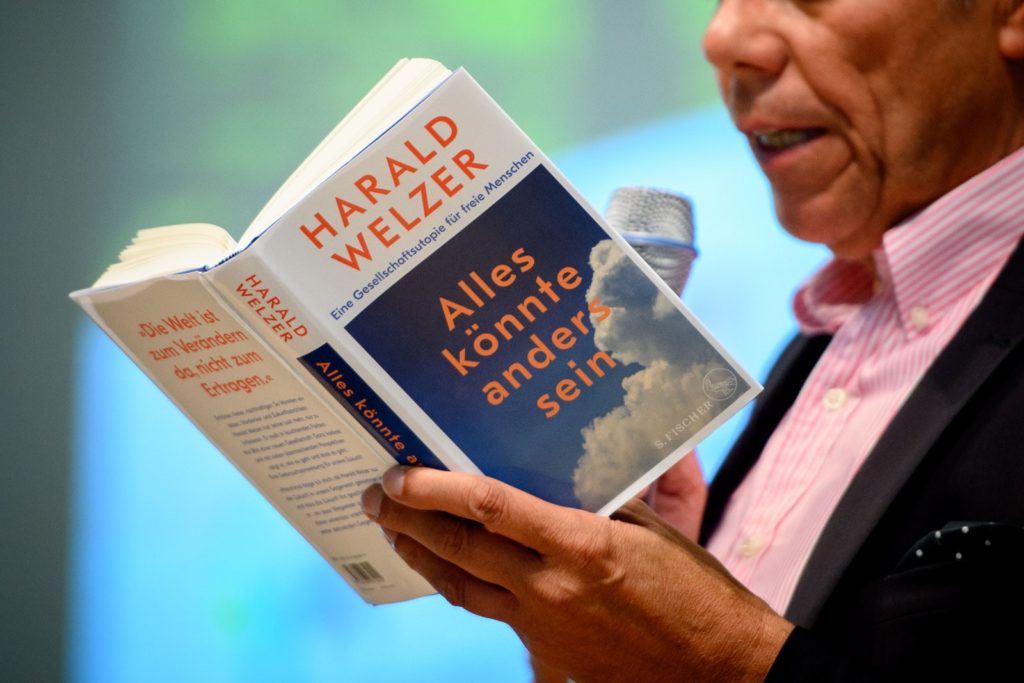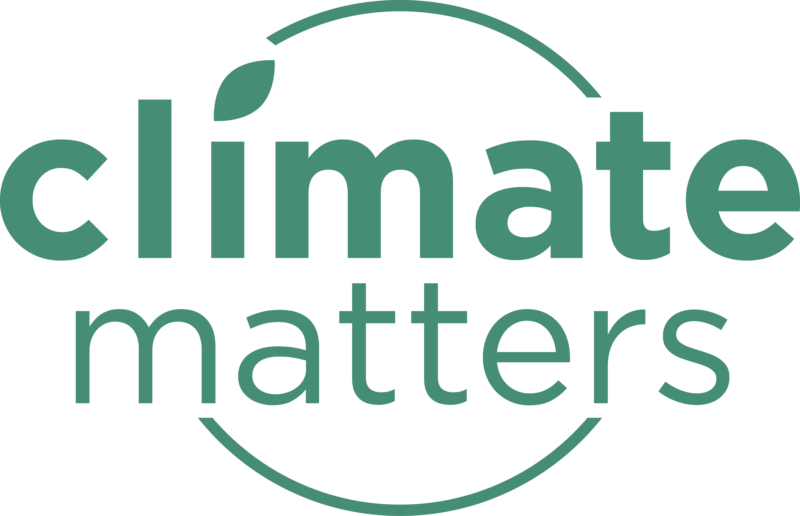Climate change: the basics / Basisfakten über den Klimawandel
A collection of useful sources of information / Eine Sammlung hilfreicher Informationsquellen
Kommt nicht in die Tüte – Artikel zu nachhaltigen Konsumentscheidungen
Warum nachhaltig zu leben und zu konsumieren manchmal schwierig ist und wie sehr unser alltägliches Handeln auf Gewohnheiten basiert, erklärt Soziologin Stefanie Kley im Interview mit dem Magazin der Süddeutschen Zeitung “Plan W”. Neben ihr kommen auch eine Fashion-Bloggerin und die Leiterin einer digitalen Petitionsplattform zu Wort. Der komplette Artikel ist hier verfügbar.
Down to Earth 2019: Ergebnisse aus der Deutschland-Befragung zum Klimagipfel in Madrid
Wie schon 2015 und 2018 haben wir auch in diesem Jahr während der Klimakonferenz eine deutschlandweite Online-Befragung durchgeführt. Die Befragung gehört zum Forschungsprojekt Down2Earth, geleitet von Michael Brüggemann an der Universität Hamburg, in dem wir Einstellungen, Mediennutzung, Wissen und Handeln der Menschen zu den Themen Klimawandel und Klimapolitik untersuchen. Einstellungen zu Klimawandel und Klimapolitik Im […]
Working paper series: Sustainable Lives
In a series of working papers, findings and ideas from the project “Sustainable Lives: Food Choices as Politics and Lifestyle” will be published in a sustainable and easily accessible way. The working papers will be in German or English, depending on their production context. Here are the first three working papers, written as project reports […]
Lecture Series Sustainable Lives: Carbon Offsetting with Eco-Conscious Consumers

In the last part of the lecture series organised by the “Sustainable Lives” project, Gilvan “Gil“ C. Souza , Professor at Bloomington, Indiana University, will talk about Carbon Offsetting with Eco-Conscious Consumers. He will present a model of a firm that can reduce its carbon footprint in response to the emergence of a segment of […]
Climate change reporting abounds in September
Our colleagues at the University of Colorado Boulder Media and Climate Change Observatory (MECCO) have spotlighted a long-time high in newspaper reporting about climate change – a trend we can substantiate with our own data on other news outlets. In September, media attention to climate change and global warming was at its highest level globally […]
Tag 2 des K3 Klimakongresses: Beichten zum Brunch

„Ich bin gewissermaßen gescheitert in der Klimakommunikation“. Mit diesem schwerwiegenden Eingeständnis eröffnete Mojib Latif, Klimaforscher und Vorsitzender des Deutschen Klima-Konsortiums, den Pressebrunch am zweiten Tag des K3 Kongresses zu Klimawandel, Kommunikation und Gesellschaft. Neben Latif standen noch drei weitere ExpertInnen den anwesenden JournalistInnen Rede und Antwort.
Tag 1 des K3 Klimakongresses

Mit 500 TeilnehmerInnen eröffnete am 24. September 2019 der K3 Klimakongress in Karlsruhe. Ohne Zweifel ist die Klimakommunikation ein Thema, welches viele verschiedene AkteurInnen betrifft. Die Organisatoren des K3 Kongresses können es also als Erfolg verbuchen, eine sehr bunte Mischung an AkteurInnen angelockt zu haben: 29% stammen aus der Wissenschaft, 19% aus der Politik & […]
Ankündigung: Berichterstattung zum K3 Kongress zu Klimawandel, Kommunikation & Gesellschaft

Am 24. und 25. September 2019 findet der deutschsprachige Klimakommunikationskongress K3 zum zweiten Mal statt – dieses Mal am Karlsruher Institut für Technologie (KIT).
New post series: “Explain your Jargon” – Part 1: What is a climate model?
A video series of climate change jargon busting. Climate models, geoengineering, loss and damage – those are some of the confusing terminologies that you’ll stumble upon when reading about climate change and climate politics. Communicating climate change is a challenge. Most science journalists face difficulty in writing about technical notions that are hard to grasp. […]
